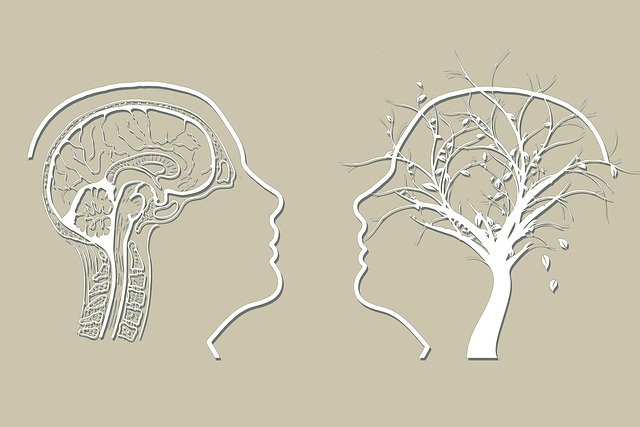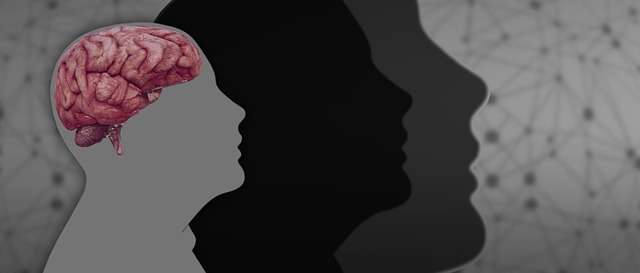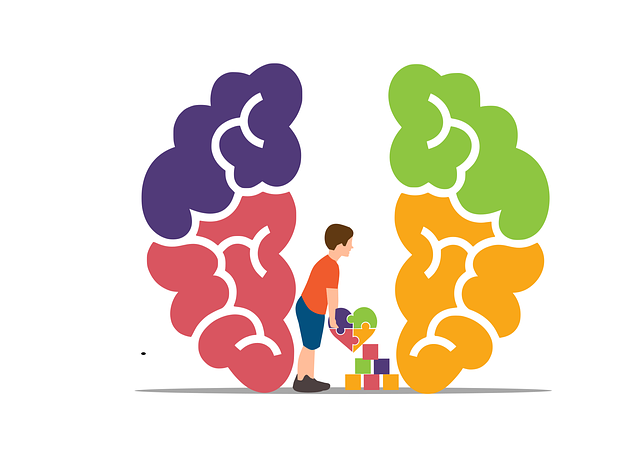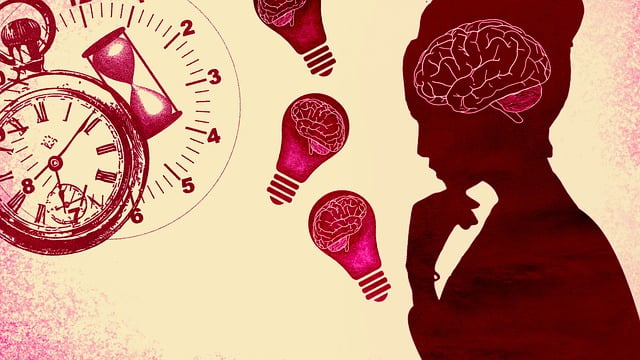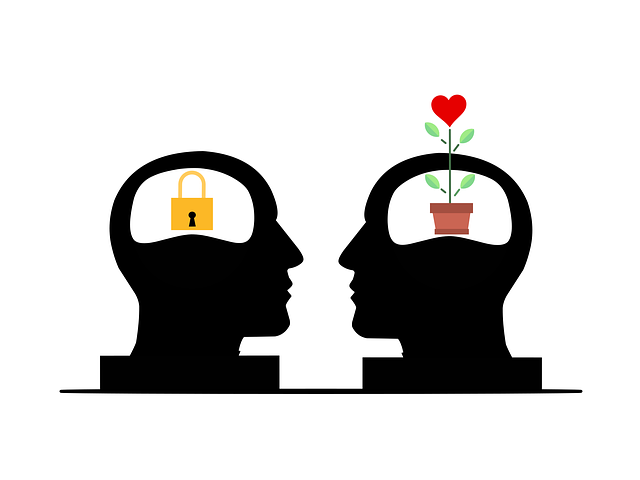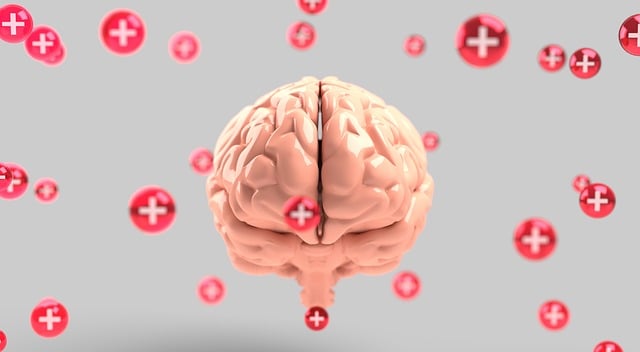Emotional intelligence (EI) is crucial for young adults' well-being, linked to better mental health, relationships, and decision-making. Therapy, particularly cognitive-behavioral therapy (CBT), plays a key role in enhancing EI through anger management techniques and compassion cultivation. Healthcare providers can indirectly promote EI by adopting burnout prevention strategies tailored to young adults. Tailored therapy sessions focus on identifying triggers, teaching coping mechanisms, and encouraging self-awareness practices to manage anger effectively. Combining these with stress reduction methods, stigma reduction efforts, and peer support fosters emotional intelligence, resilience, and empathy, contributing to improved relationships and mental health.
Emotional intelligence (EI) is a cornerstone of personal growth, especially for young adults navigating complex life transitions. This article explores the multifaceted impact of EI development, focusing on anger as a potent emotion for self-improvement. We delve into strategies to recognize and manage anger effectively through therapy, identifying triggers and fostering resilience. By understanding the value of anger in personal growth and implementing long-term benefits like empathy-building, young adults can enhance their emotional intelligence and overall wellbeing. Key topics include therapy for young adults with anger issues and anger management techniques.
- Understanding Emotional Intelligence and Its Impact on Young Adults
- Recognizing Anger as a Valuable Emotion for Personal Growth
- Identifying Triggers: Uncovering the Roots of Anger in Therapy
- Strategies for Effective Anger Management in Daily Life
- Building Resilience and Empathy: Long-term Benefits for Young Adult Wellbeing
Understanding Emotional Intelligence and Its Impact on Young Adults

Emotional intelligence (EI) is a crucial aspect of personal and professional development, especially for young adults navigating their way in the world. It involves recognizing, understanding, and managing one’s own emotions as well as empathizing with and responding appropriately to others’ emotional needs. Research suggests that higher EI is associated with improved mental health, stronger relationships, and better decision-making abilities among young adults.
For many, therapy for young adults can be a valuable tool in enhancing EI. Techniques such as compassion cultivation practices have shown promise in fostering empathy and reducing negative emotions like anger. By learning effective anger management strategies, young adults can better navigate high-stress situations and maintain healthy relationships. Additionally, healthcare providers working with this demographic can benefit from incorporating burnout prevention strategies to support their emotional well-being, thereby indirectly promoting EI development within their patients.
Recognizing Anger as a Valuable Emotion for Personal Growth

Anger is often seen as a negative emotion, but it can be a powerful tool for personal growth when channeled constructively. Recognizing and understanding anger allows young adults to develop emotional intelligence—a key aspect of their overall well-being and mental health. In therapy sessions, particularly designed for young adults, anger management techniques can help individuals process this intense emotion healthily. This process involves identifying the root causes of anger, learning to express it in a meaningful way, and using it as a catalyst for change rather than destruction.
For many years, mental illness stigma reduction efforts have highlighted the importance of acknowledging and regulating emotions like anger. Healthcare providers with cultural competency training recognize that anger can be both a response to past trauma and a signal of current distress. By helping young adults interpret and manage their anger, therapy sessions contribute to breaking down barriers associated with seeking help for emotional issues. This, in turn, fosters an environment where individuals feel empowered to take charge of their mental health and embark on a path of self-discovery and healing.
Identifying Triggers: Uncovering the Roots of Anger in Therapy

Identifying triggers is a crucial step in therapy for young adults seeking anger management. Many times, anger stems from deeper emotional roots that need to be uncovered and addressed. Through introspection and self-awareness exercises, individuals can start to recognize patterns and environmental cues that set off their anger. This process involves delving into past experiences and exploring emotions like anxiety or fear that may be driving this reaction.
In therapy, professionals can guide young adults in analyzing their mental health policy analysis and advocacy, helping them understand how societal or personal expectations might contribute to their anger. By learning coping mechanisms and engaging in regular self-awareness exercises, individuals can gain better control over their emotional responses. This not only aids in anger relief but also promotes overall mental well-being.
Strategies for Effective Anger Management in Daily Life

Anger is a natural emotion, but learning to manage it effectively is crucial for maintaining healthy relationships and overall well-being, especially for young adults navigating their mental health journey. Many find that therapy provides a safe space to explore and understand the underlying causes of anger. Through cognitive-behavioral therapy (CBT), individuals can identify distorted thinking patterns contributing to anger and learn healthier coping mechanisms. This process involves understanding triggers, practicing mindfulness techniques like deep breathing or meditation, and expressing feelings assertively rather than reactively.
For some, stress reduction methods such as yoga, exercise, or journaling can be powerful tools to prevent burnout and manage anger. Additionally, mental illness stigma reduction efforts play a vital role in encouraging young adults to seek help without fear of judgment. By combining therapy with self-care practices and support from peers and mentors, individuals can develop the skills needed to navigate intense emotions, fostering better emotional intelligence and overall resilience.
Building Resilience and Empathy: Long-term Benefits for Young Adult Wellbeing

Building resilience and empathy are key components of emotional intelligence development that offer long-lasting benefits for young adults’ overall wellbeing. Resilience equips individuals with the ability to adapt and bounce back from challenges, setbacks, and stress, fostering a sense of control and confidence in navigating life’s complexities. Through therapy for young adults and stress management workshops organized by mental health professionals, individuals can learn effective coping strategies to manage anger and other intense emotions, thereby reducing the risk of engaging in risky behaviors.
Empathy, on the other hand, enhances social connections and promotes compassionate behavior. Compassion cultivation practices, such as mindfulness and active listening, have been shown to improve relationships and overall life satisfaction. By developing these skills, young adults can better understand and relate to others’ experiences, fostering a supportive environment that is conducive to positive mental health. This not only strengthens interpersonal dynamics but also contributes to a reduced risk assessment for mental health professionals when working with this demographic.
Emotional intelligence is a powerful tool for young adults navigating life’s challenges. By understanding and managing emotions, such as anger, individuals can foster resilience and empathy, leading to long-term mental wellbeing. Recognizing anger as a catalyst for growth, coupled with effective strategies from therapy for young adults and anger management techniques, empowers them to make positive choices. This journey of emotional exploration is transformative, promising a brighter future filled with enhanced relationships and personal fulfillment.




